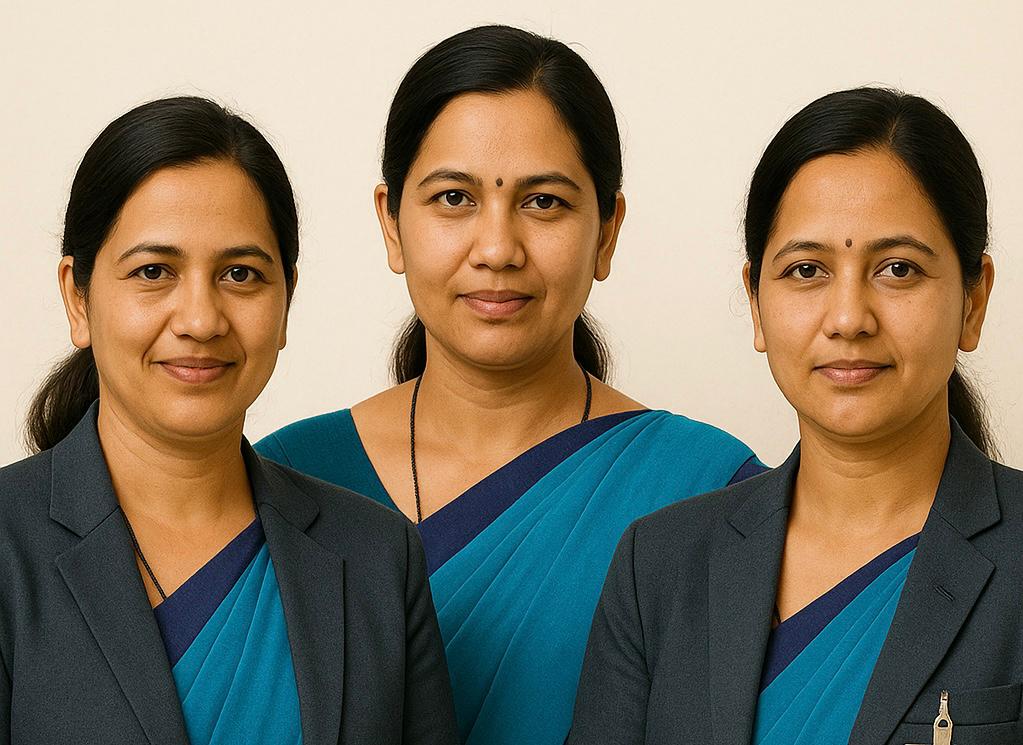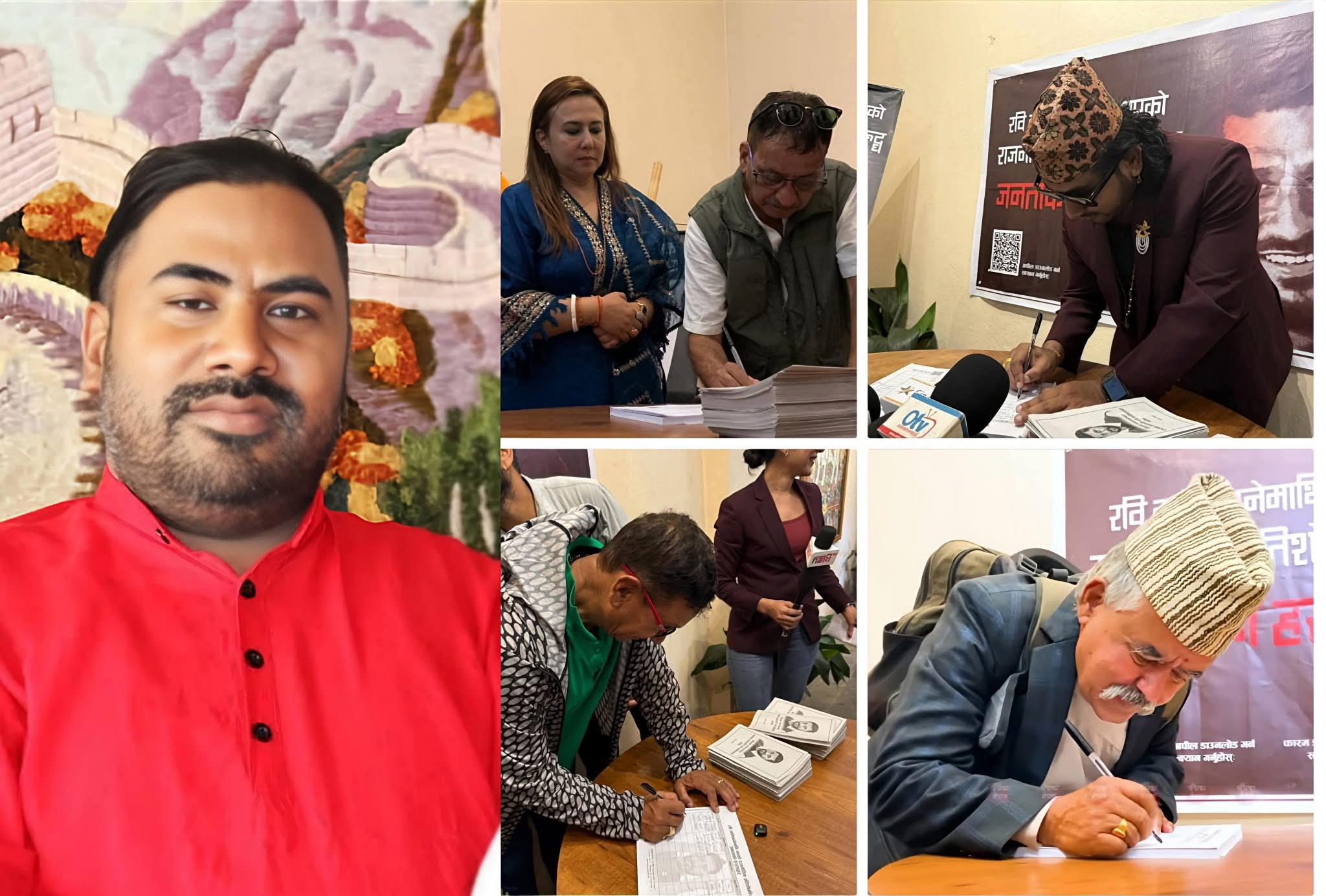Imagine scrolling through your social media and coming across a post criticizing a political leader. You feel the urge to comment—but if you're a civil servant in Nepal, a new rule says you must think twice. The government has made it clear: civil servants are not allowed to support or oppose political parties, leaders, or public officials on social platforms.
This strict decision aims to maintain neutrality and professionalism in the bureaucracy. The new directive has generated wide discussions among government staff and the general public alike.
What Is the New Rule?
The Ministry of Federal Affairs and General Administration has issued a fresh directive that restricts civil servants from engaging in political discourse on social media. Specifically, the rule states that:
- They cannot comment for or against any political party.
- They must not endorse or criticize individual political leaders.
- They should refrain from sharing political posts that show bias.
- They cannot use fake accounts to spread political opinions.
This directive applies to platforms such as Facebook, Twitter (X), TikTok, Instagram, YouTube, and any other online communication channel.
Why Was This Rule Introduced?
The Nepali government introduced this rule to protect the neutral character of the civil service. Public servants are expected to serve any government, regardless of the ruling party or political shift. When civil employees publicly support or oppose political views, it can lead to:
- A loss of public trust in government neutrality.
- Division within departments, influenced by political opinions.
- A threat to national unity if government workers act like political activists.
- A rise in cyberbullying or hate speech online.
Officials have emphasized that the objective is not to silence employees but to ensure they remain politically neutral while on government duty.
What Does the Law Say?
According to the Civil Service Act and Civil Service Code of Conduct in Nepal, government employees are expected to:
- Uphold dignity and discipline.
- Remain non-partisan and serve the state, not a party.
- Avoid any activity that may harm public confidence in the bureaucracy.
This includes online spaces. The internet is an extension of the public sphere, and anything said online by civil servants may be seen as the government’s position.
With the rise in social media usage, several incidents of public officials making controversial statements have forced the government to reinforce rules about online behavior.
What Happens If They Violate It?
Violating this rule may result in disciplinary actions, which could include:
- Warning letters
- Suspension
- Demotion
- Salary cuts
- Even termination in serious cases
Departments have been instructed to monitor the online behavior of their staff, and employees are being told to self-regulate their posts and interactions. Senior officials may take action without prior warning if they find direct or indirect political involvement online.
Civil Servants React
The new restriction has sparked mixed reactions. Some civil servants believe this step is necessary to ensure professionalism, while others feel it restricts their freedom of speech.
One government teacher said,
“I understand the need for neutrality, but we should be able to express ourselves as citizens.”
Others say that during elections, the rule is especially important, as biased posts can lead to internal conflicts within departments and public unrest.
Public Perspective
Citizens, on the other hand, are watching closely. Many believe that political loyalty shown by civil servants on social media has caused unfair behavior in offices. A Kathmandu-based entrepreneur said,
“Some civil employees openly show party bias, and it affects how they treat people. This rule might bring some fairness.”
Others argue that while the rule is justified, it must be applied fairly and not used to target employees selectively.
Digital Discipline: The Bigger Picture
Nepal is not alone in enforcing digital discipline. Around the world, many countries have similar guidelines:
- In India, government workers must not post political content online.
- In the UK, civil servants are barred from sharing political opinions publicly.
- In the US, the Hatch Act restricts federal employees from political activity during working hours or on official platforms.
Nepal’s rule now brings the country in line with global standards of bureaucratic integrity.
What Can Civil Servants Post?
The new directive does not ban civil servants from using social media. They are allowed to:
- Share personal opinions unrelated to politics.
- Post educational or motivational content.
- Engage in cultural, religious, or community activities, as long as they are not politically charged.
- Support government policies and inform the public about official updates.
However, they must do so without bias and within the limits of their responsibilities as public officials.
Final Word from the Ministry
The Ministry has urged all departments to raise awareness about this rule. Workshops and internal briefings are being conducted to guide civil servants in navigating social media responsibly.
Government spokespersons have clarified that the aim is to protect the credibility and neutrality of the public sector, not to control personal lives. Maintaining an unbiased and professional workforce has become a top priority for the Nepali state as digital platforms grow more powerful.









